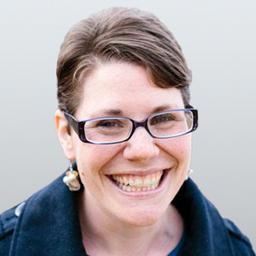Homeschooling is on the rise. After last year’s lockdowns, many parents unexpectedly found themselves having to teach their children at home for the first time. But during that period, they also realized that it doesn’t take an expert to offer a child an education.
The U.S. Census Bureau reported that homeschooling doubled last fall. This was after removing factors like families utilizing virtual learning through a public or private school. The greatest increase was seen in black students, but all ethnicities saw a significant rise in homeschooling.






